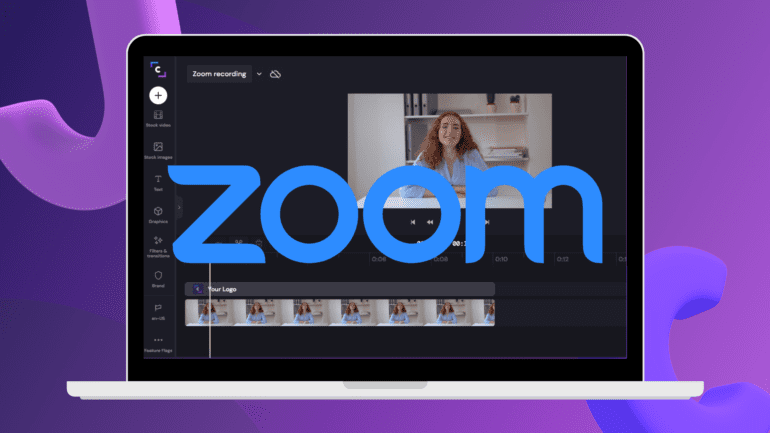TL;DR:
- Zoom updates terms of service, allowing AI training on customer data.
- Backlash ensues, prompting clarification: AI won’t be trained without consent.
- Sections 10.2 and 10.4 of the terms outline data usage permissions.
- Chief Product Officer reaffirms commitment to user consent.
- New AI features, Zoom IQ Meeting Summary and Zoom IQ Team Chat Compose, were introduced.
- Users can opt into AI features, ensuring transparent data collection.
Main AI News:
Zoom, the pioneering video communications platform, has revised its terms of service, introducing a clause that has stirred significant attention. This clause, though initially open to interpretation, seemed to grant the company sweeping rights to leverage customer data for the enhancement of its AI-driven solutions.
The ensuing public outcry prompted a swift reaction from Zoom. Responding to concerns, the company promptly appended a comprehensive addendum to its terms of service, explicitly outlining its commitment to a principled approach. The stipulation underscores that any audio, video, or chat content generated by customers will not be harnessed to train its artificial intelligence models unless unequivocal consent is obtained from the respective customers.
Key to this unfolding narrative is Section 10.2 within Zoom’s updated terms, where customers grant the platform expansive permissions pertaining to the handling of Service Generated Data. The newfound permissions span a spectrum of actions, including access, use, collection, distribution, modification, and storage, all for various purposes, such as machine learning and algorithmic refinement.
Section 10.4 delves deeper into the matter, emphasizing the rights granted by customers to Zoom. These rights encompass an extensive license for activities like redistribution, publication, access, storage, modification, reproduction, and the creation of derivative works using customer content. While the text’s scope is broad, its intentions are explicitly tied to product development, machine learning, and artificial intelligence.
This move by Zoom has elicited valid concerns from its user base. The potential implications of these clauses have raised eyebrows, as customers ponder the boundaries of their content usage and the extent of their consent.
In an attempt to alleviate concerns, Smita Hashim, Zoom’s Chief Product Officer, penned a clarifying blog post. Hashim reiterates Zoom’s unequivocal commitment to obtaining customer consent before employing their content—whether audio, video, or textual—in AI model training. She elucidates the underlying motivations behind Sections 10.2 and 10.4, shedding light on the company’s rationale for including them in the terms of service.
A noteworthy development in Zoom’s ongoing journey is the recent introduction of two cutting-edge AI features: Zoom IQ Meeting Summary and Zoom IQ Team Chat Compose. These offerings exemplify Zoom’s dedication to innovation and enhancing user experiences. It’s worth highlighting that customers hold the reins in opting into these features, ensuring that data collection is both transparent and contingent on user choices.
Conclusion:
Zoom’s evolution in response to concerns regarding AI training and user data usage showcases a nuanced approach to balancing innovation with user trust. The company’s revised terms of service, coupled with its commitment to explicit user consent, reflects a strategic pivot towards more transparent and ethical AI practices. This move underscores the increasing importance of data privacy and ethical considerations in shaping the landscape of AI-driven technologies. As the market continues to evolve, consumers’ expectations for responsible data usage and user-centric AI solutions will likely influence the strategic trajectories of businesses operating in this space.

